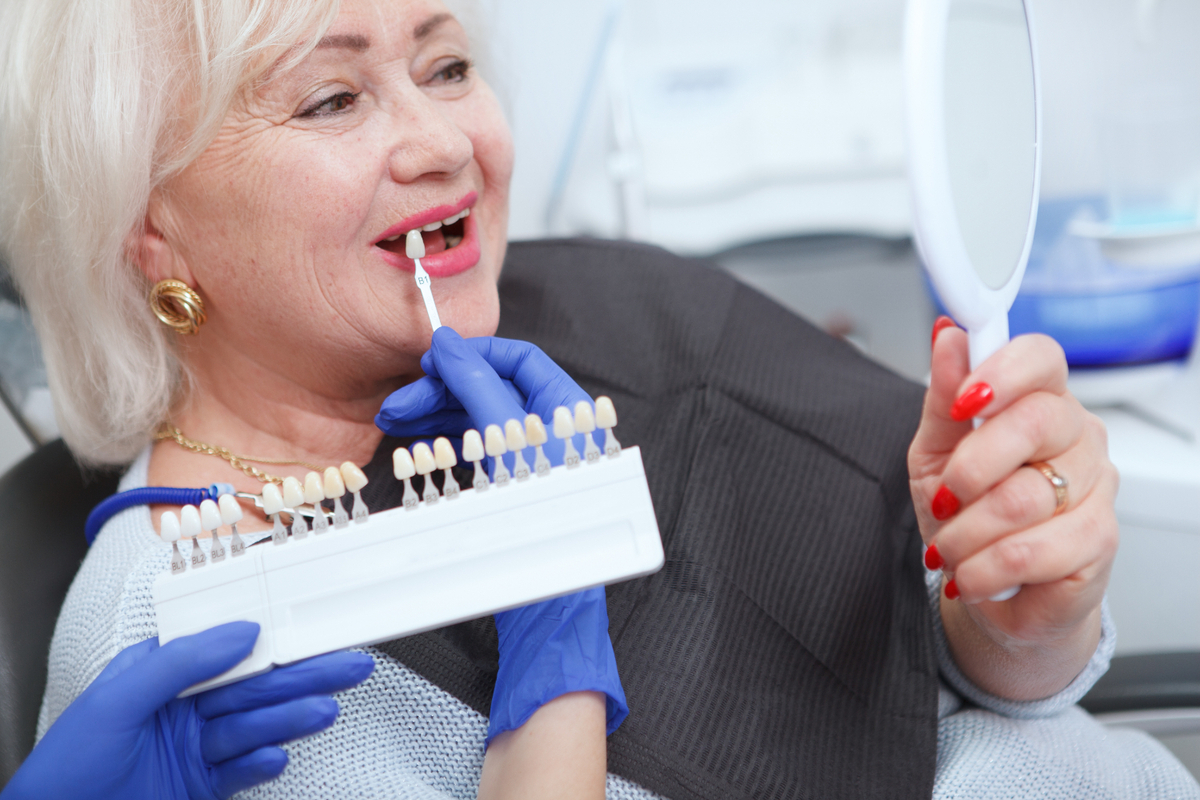What Are Zirconium Crowns?
When it comes to dental restorations, choosing the right crown is essential for both functionality and aesthetics. Zirconium Crowns have gained popularity due to their durability, natural appearance, and biocompatibility, but how do they compare to traditional crowns? This guide explores the key differences, benefits, and considerations to help you determine which option is best for you.
Zirconium Crowns are made from zirconium dioxide, a material known for its strength and resemblance to natural teeth. They are highly durable and ideal for patients looking for a long-lasting and aesthetically pleasing dental restoration. These crowns are free from metal, making them hypoallergenic and suitable for a wide range of patients.
What Are Traditional Crowns?
Traditional crowns are typically made from materials like metal, porcelain-fused-to-metal (PFM), or full porcelain. While they offer functional benefits, their aesthetic appeal and durability often depend on the material used. Metal crowns are strong but lack a natural look, while PFM crowns may show a metal line near the gum over time.

Durability: Zirconium vs. Traditional Crowns
Zirconium Crowns are highly durable, capable of withstanding the pressure of chewing and grinding. They are less prone to chipping compared to porcelain crowns and have a longer lifespan. Traditional crowns, particularly metal ones, are also durable but may not provide the same balance of strength and aesthetics.
Aesthetics and Natural Appearance
The natural translucency of Zirconium Crowns makes them an excellent choice for visible teeth. They closely mimic the appearance of real teeth, providing a seamless and natural look. In contrast, traditional crowns like metal or PFM may not achieve the same level of aesthetics, especially in the front teeth.
Biocompatibility and Safety
Zirconium Crowns are biocompatible, meaning they are safe for use in the body and unlikely to cause allergic reactions. This makes them a great option for patients with metal sensitivities. Traditional crowns made of metal may pose risks for patients with allergies or sensitivities to certain metals.
Cost Considerations
While Zirconium Crowns are generally more expensive than traditional crowns, their durability and aesthetic benefits often justify the higher cost. Traditional crowns, particularly metal ones, may be more affordable but may require replacement sooner due to wear or aesthetic concerns.

Applications: Where Each Crown Excels
Zirconium Crowns are versatile and can be used for both front and back teeth. Their strength and natural appearance make them suitable for a wide range of applications. Traditional crowns, depending on the material, may be better suited for specific cases, such as molars where aesthetics are less critical.
Maintenance and Longevity
Maintaining Zirconium Crowns is straightforward and involves regular brushing, flossing, and dental check-ups. With proper care, they can last 10-15 years or more. Traditional crowns, especially PFM or porcelain, may have a shorter lifespan and require more frequent replacements due to chipping or wear.
Making the Right Choice
Deciding between Zirconium Crowns and traditional crowns depends on your specific needs, preferences, and budget. If aesthetics, durability, and biocompatibility are top priorities, zirconium is an excellent choice. Traditional crowns may be more suitable for those seeking a cost-effective solution for less visible teeth.
Conclusion
Both Zirconium Crowns and traditional crowns offer unique advantages, but zirconium stands out as a modern, durable, and aesthetically pleasing option. By consulting with your dentist and considering your oral health needs, you can make an informed decision. Whether you prioritize appearance, longevity, or cost, there’s a crown solution tailored to your requirements. Invest in your smile and confidence with the right dental restoration.
FAQ
- What makes Zirconium Crowns different from traditional crowns?
Zirconium Crowns are made from zirconium dioxide, offering superior strength, aesthetics, and biocompatibility compared to traditional crowns. - Are Zirconium Crowns suitable for front teeth?
Yes, their natural translucency makes them an ideal choice for front teeth, providing a seamless and natural appearance. - How long do Zirconium Crowns last?
With proper care, Zirconium Crowns can last 10-15 years or more, making them a durable option. - Do Zirconium Crowns cause allergic reactions?
No, Zirconium Crowns are hypoallergenic and safe for patients with metal sensitivities. - Are Zirconium Crowns more expensive than traditional crowns?
Yes, they are typically more expensive, but their durability and aesthetic benefits often justify the cost. - Can Zirconium Crowns be used for molars?
Yes, their strength and durability make them suitable for both molars and front teeth. - How do I care for Zirconium Crowns?
Maintain good oral hygiene, including brushing, flossing, and regular dental check-ups, to ensure their longevity. - Do Zirconium Crowns look better than porcelain crowns?
Yes, they often provide a more natural appearance and are less prone to chipping compared to porcelain crowns. - Are Zirconium Crowns worth the investment?
For patients prioritizing aesthetics and durability, Zirconium Crowns are a worthwhile investment. - How do I know if Zirconium Crowns are right for me?
Consult your dentist to discuss your specific needs, preferences, and budget to determine if Zirconium Crowns are the best choice for you.












